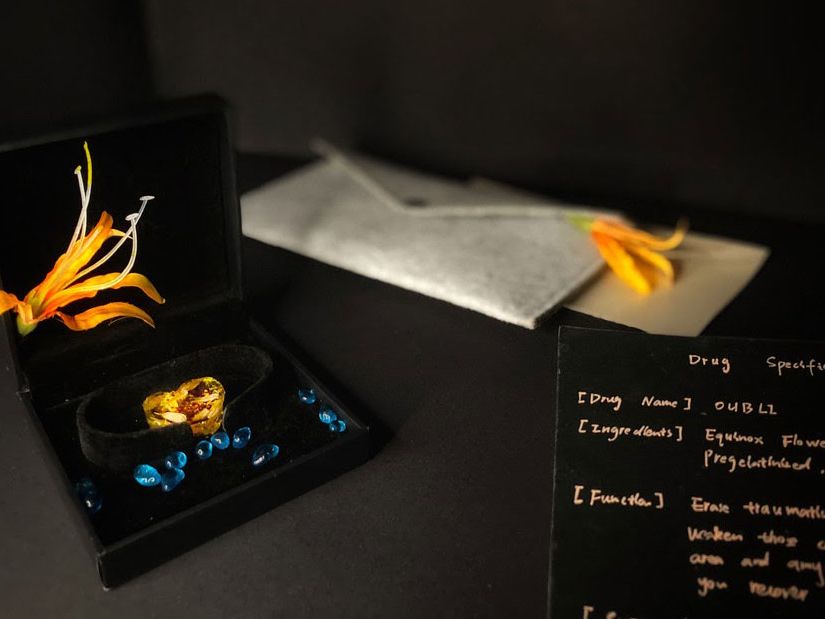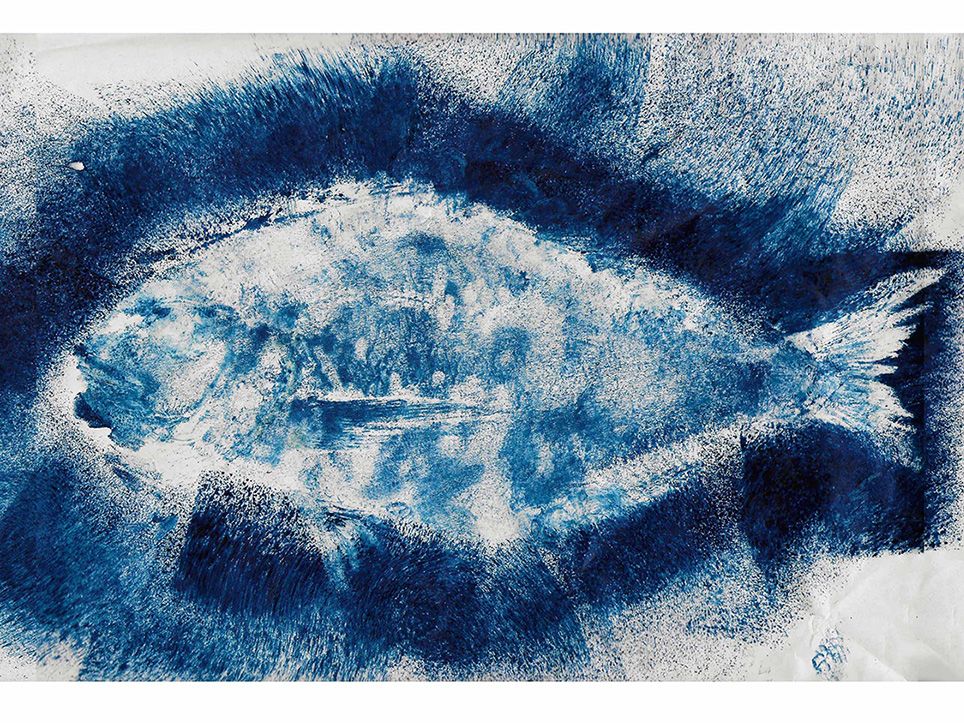Bringing together a range of expertise from industry and higher education, the Brief Cases project invited over 120 students from London College of Communication (LCC) and Norwich University of the Arts (NUA) to develop new approaches to improving the sustainability of cinema packaging.
Participants were not only tasked with designing more innovative, efficient systems for disposability, but were also asked to create related visual communication assets which could encourage audiences to recycle.
Judged by cinema representatives and experts in the packaging industry, LCC students Beth Conti, Megan Wear and Danielle Daley were awarded first place for their concept, A Greener Screen, which aims to ease the recycling process and reduce cross-contamination through a simplified bin system and compostable packaging design. All 3 students participated in the project as part of LCC's Diploma in Professional Studies (DPS), which offers an opportunity to pursue a variety of internships and work experience placements throughout an additional year of undergraduate study.
A Greener Screen was joined in its success by the ABLE project devised by NUA student, Tom French, which focuses on developing compostable packaging that eliminates waste separation completely.
The initiative was one of a number led by the International Union of Cinemas (UNIC) and Coca-Cola Circular Economy Retail Group, which supports a movement towards a greener future for the cinema industry. Brief Cases is a cooperative model which aims to connects academia and business, providing university students with challenges that develop their entrepreneurial and employability skills.
UNIC CEO Laura Houlgatte Abbott praised the project for bridging the gap between education and industry.
“It’s been hugely inspiring to see so many innovative projects arise as part of the initiative, and I would like to warmly congratulate A Greener Screen and ABLE,” she said.
“It’s been a great opportunity for us at UNIC to discover new ideas and see how we can best support the journey towards a ‘greener’ future.”
We caught up with one of LCC’s winning team members, third-year BA (Hons) Graphic Branding and Identity student Megan Wear, about her experience of the project, as well as highlights from her DPS year so far.
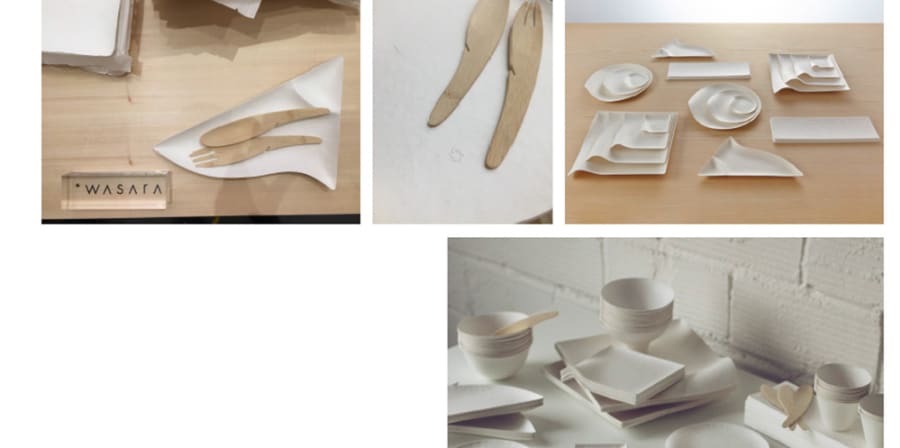
"Preparing us for professional practice in a really holistic way"
What inspired you to study BA (Hons) Graphic Branding and Identity at LCC?
I’ve always had an interest in visual storytelling and the interactions between design and its audience, on both a physical and emotional level. I enjoy the responsiveness of brand design, particularly the way it engages in constant conversation with its audience. I value the emphasis my course places on this relationship, striking a balance between visual design and strategy and preparing us for professional practice in a really holistic way.
Why did you choose to take the Diploma in Professional Studies, and what have been your highlights of the experience so far?
I chose to take DPS as a way of broadening my professional experiences before graduating. It’s been a bit of a blessing to be doing DPS in the time of Covid - even with the struggle to find placement opportunities this year, having space to work on my own projects and really understand what I want to do in the future is something I can’t recommend enough.
I’ve recently finished an internship at design studio TEMPLO which was an incredible experience. TEMPLO are fab and work on some really interesting cultural and humanitarian-driven projects with organisations like Amnesty International and Migrant Help. They really embody what it means to use creativity for change, and being able to experience this first-hand opened my eyes to brand design beyond its commercial surface.
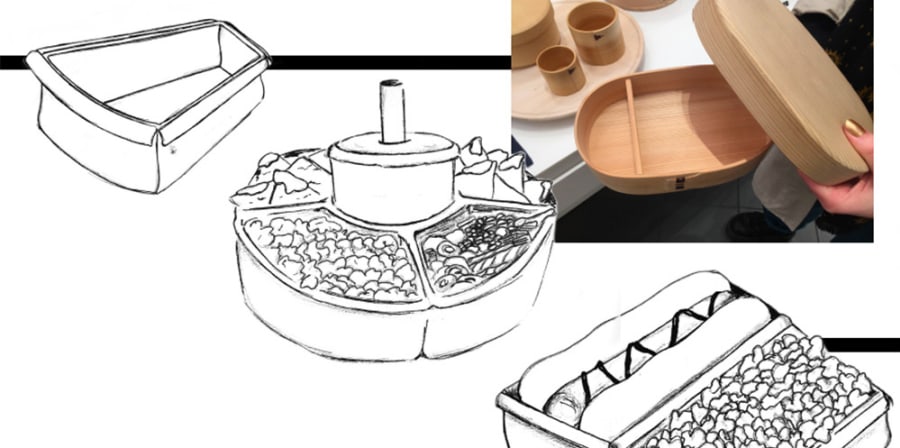
"New contexts in which to apply my skills and situate myself as a designer"
Tell us a little bit about the Brief Cases cinema sustainability project - how did you get involved, and what was your role?
Brief Cases was a live brief for DPS students in second year, and was a great opportunity to work alongside industry leaders on a real-world issue. Collaborating across disciplines in LCC's Design School also meant that it was an opportunity to experience a new working dynamic. My own role in the group involved developing our initial ideation into two functioning concepts, with Beth Conti (Illustration and Visual Media) bringing this to life visually for our presentation.
How did your team develop the Greener Screen concept? What was the ideation and development process like?
It was clear from our research and discussions with various industry specialists that the problem of sustainability within the entertainment sector is widespread, and really relies on a change in mindset from both organisations and consumers to create any tangible difference. This was at the core of our ideas: looking at ways of altering our interactions with the physical items in cinema spaces (packaging and waste disposal systems) in order to build a new understanding of them in relation to sustainability.
Why is it important for your work to be recognised by UNIC?
Taking part in the live brief has been a rewarding experience, and having my group’s work recognised was, of course, really encouraging.
I was also impressed with UNIC’s involvement with universities: students are some of the most aware and actively engaged groups when it comes to issues such as sustainability and the Climate Crisis. Recent years have proven that the inclusion of students and young people into these conversations is necessary, so it’s both exciting and refreshing to see an organisation as notable as UNIC recognising this and seeking out students’ perspectives.
What were the highlights of the Brief Cases project, and how has it helped you to develop your skills/experience?
Working with a group from multiple course disciplines was a real highlight and helped prepare me for the collaborative nature of the design industry that I’ve gone on to experience in my DPS year.
As it was so varied from my own course’s content, this project also expanded my understanding of design in relation to other industries, providing new contexts in which to apply my skills and situate myself as a designer.
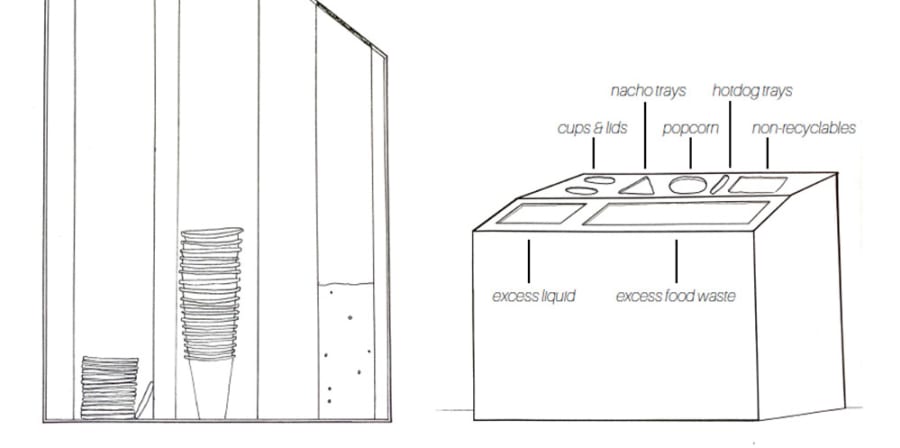
“Drawn to studios that have a focus on playful and empathetic design”
How has your time at LCC helped you to develop your employability skills?
I feel really fortunate to go to university where there’s so much emphasis placed on preparing for professional practice.
From industry guest lectures and live briefs to CV and portfolio workshops, I’ve always felt really supported by the College in terms of knowing what to expect post-graduation and understanding where I fit within the industry. Over this past year in particular, the DPS team have provided me with a huge amount of information and guidance in support of my professional practice - their knowledge is invaluable.
What are your current career goals?
My current goal is to hopefully work in a junior design role within a creative studio following graduation. I’m really drawn to studios that have a focus on playful and empathetic design, and hope to keep approaching my work in the same way.
I’ve also recently started looking into graphic design for film and TV, as this would be a really interesting context to apply my design skills and would allow me to explore my interest in visual storytelling further.
Related links:
- Find out more about the Brief Cases x UNIC sustainability project.
- Learn more about our Diploma in Professional Studies.
- Explore the Design School at LCC.



